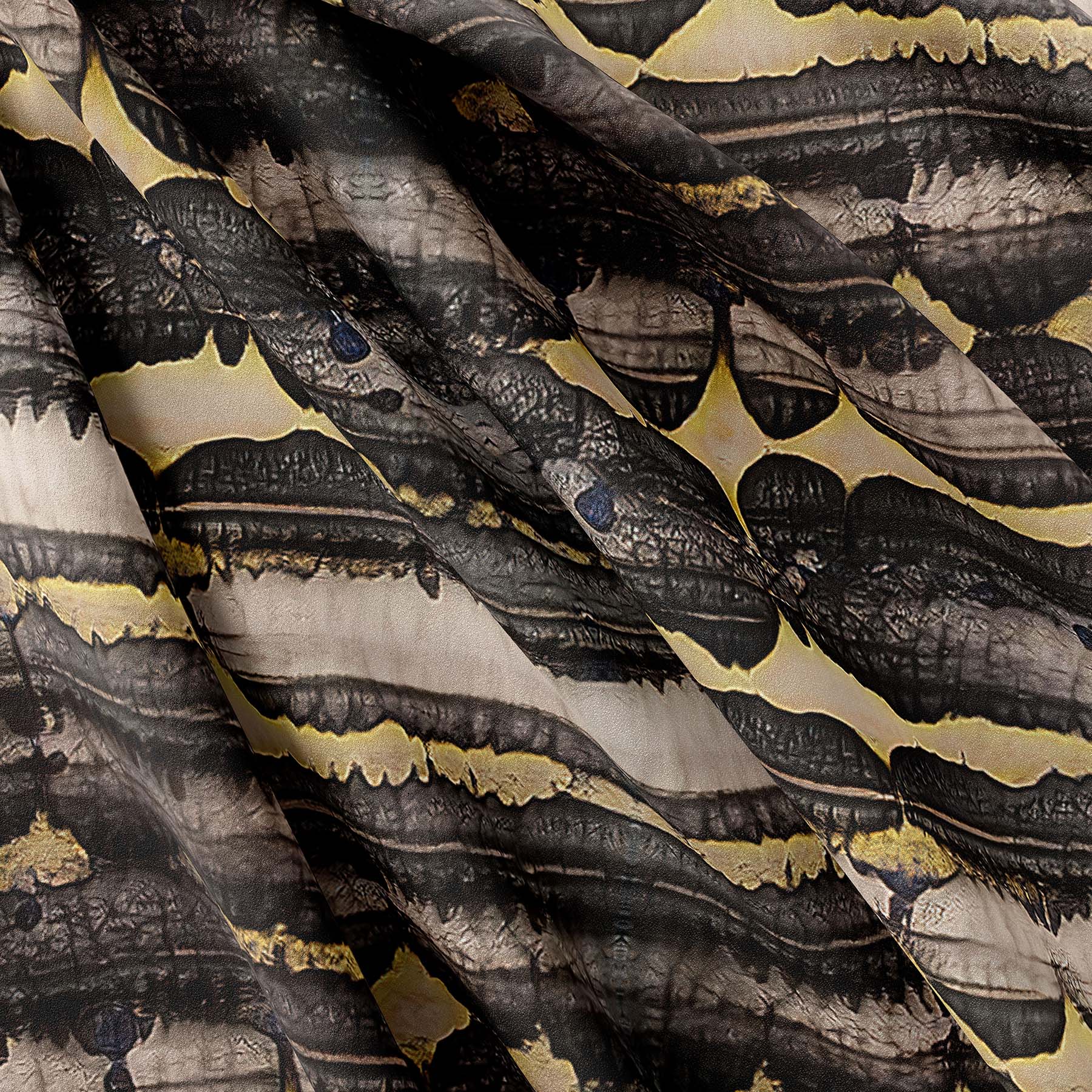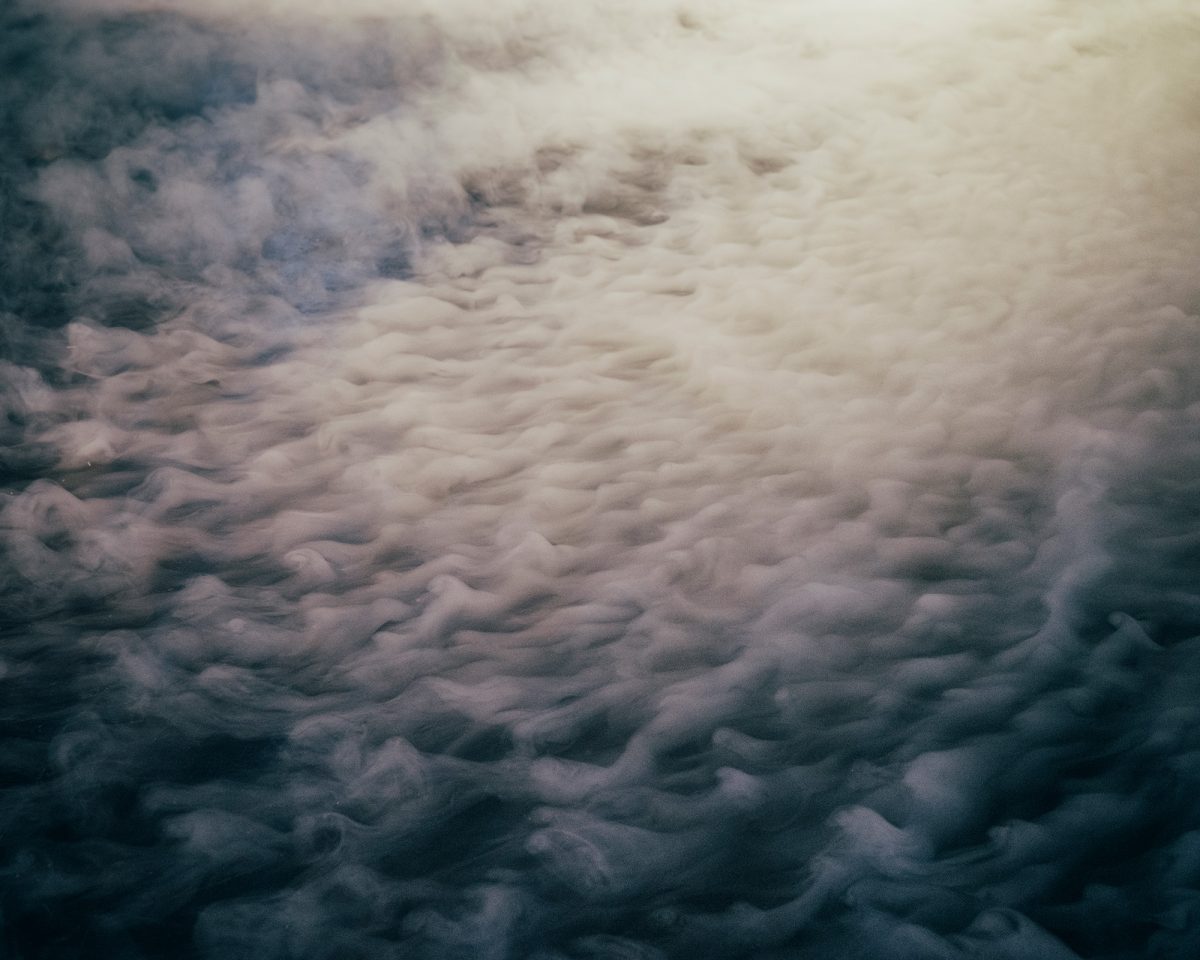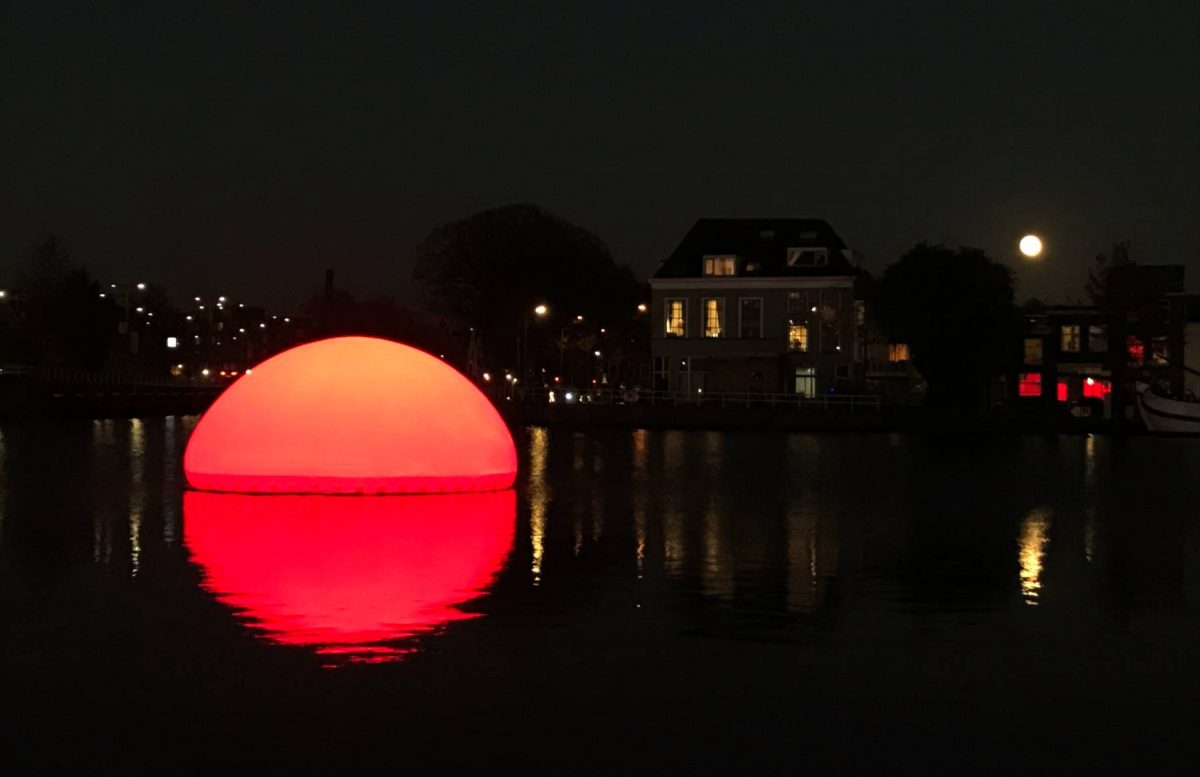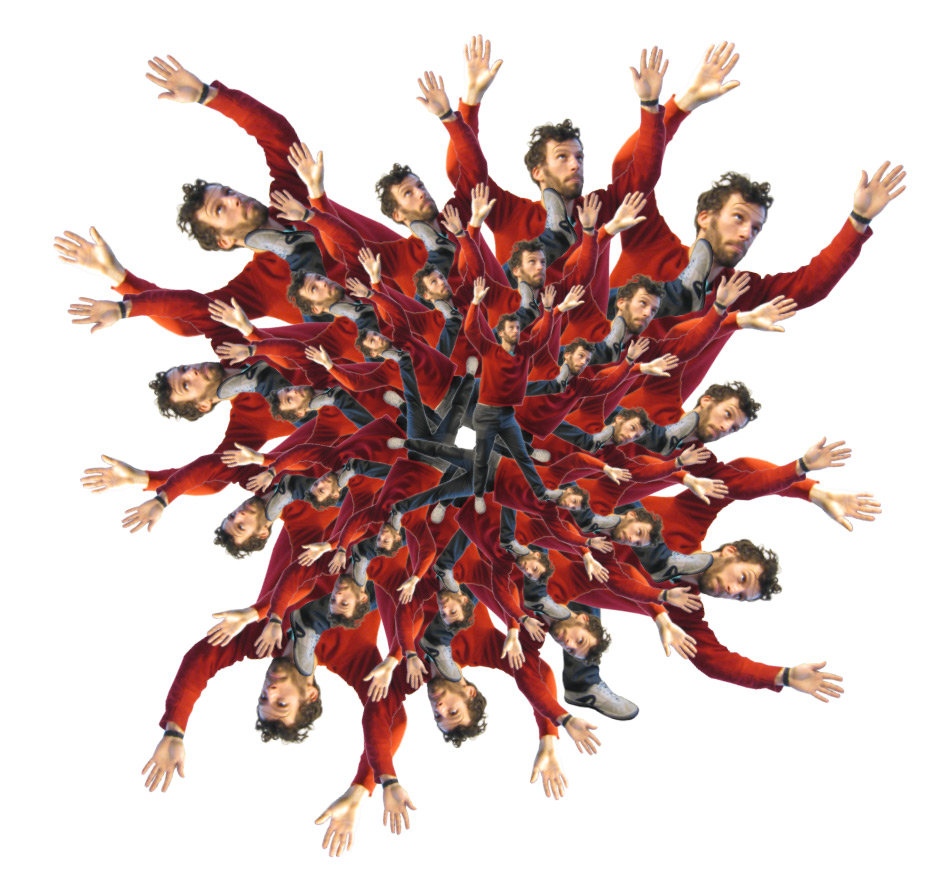Between 2020 and 2021 I was invited to lead an experimental project by Stroom Den Haag hosting another artistic initiative as part of the program Our House, your Home.
For this edition, the Nest collective from Nairobi, Kenya, were invited as residents at Stroom to share their vision and practice. Their research project evolved into their own inquiry on material languages. Since the group is active in a multitude of media and programs, such as filmmaking, fashion, radio, cultural debate and activism, this residency at Stroom created a context for them to elaborate on a latent practice of textile making. Material Languages was eventually realized and shared online, across the two continents, due to the pandemic. This digital collaboration between Stroom and the Nest became in itself an endeavor on hospitality, learning and resilience.
Read more on Stroom’s website: Material Languages
The outcomes are displayed online – website and concept by Zuza Zgierska & Trang Ha.

Our House, your Home
Over a period of four years Stroom invited international organizations to take over the exhibition space, or to do the things the guests found most urgent, relevant, and challenging. Stroom invited The Nest Collective to join Our House, your Home program in 2020. In this program, the guests are encouraged to realise a project they consider urgent and relevant to their own practice, while Stroom attempts to learn from them and see the world differently. As the COVID-19 restrictions took place, we have experimented with the format of a ‘hybrid residency’. We asked ourselves what infrastructure(s) could Stroom offer to its guests? How can we learn together and collaborate over a distance? How to engage the guests with the local community of The Hague? The artists took on the challenge to collaborate from their places in Nairobi, choosing to investigate textiles as a medium for a material language. Through this project they explore the potential of textile making (weaving/printing techniques) in addressing matters of cultural identity, history, design, and spirituality. The Nest Collective has shared their process through video calls and live presentations hosted by Stroom, between May and June 2021. In the same period, their newly printed textile designs were exhibited at Stroom in The Hague in the form of a window display.
Read more Our House, your Home

The Nest Collective
Founded in 2012, the Nest Collective uses an applied-research holistic methodology to create cultural bodies of work in film, music, fashion, visual arts, and literature. These interventions are designed to engage audiences using multiple points of entry and reflection, thus enabling nuanced consideration, discussion, and debate of the issues raised, while also advancing aesthetic and artistic value. The Nest Collective also founded HEVA—Africa’s first creative business fund of its kind—to strengthen the livelihoods of East Africa’s creative entrepreneurs. In this project the Collective is represented in this project by:
Jim Chuchu: A Machine Dreams of African Print
Jim Chuchu is a filmmaker, musician and visual artist. His photography and visual art works have been exhibited all over the world, and his Invocations series is part of the collection of the Smithsonian National Museum of African Art. Jim co-founded the Collective, and has directed and scored the Collective’s 2012–2019 film projects, as well as recording and producing the Nest’s music projects.
Njoki Ngumi: What We Left Behind
Dr. Njoki Ngumi is an artist, writer, and feminist thinker who has held positions in private and public health care sectors in Kenya. As a Nest founding member, she has been a co-writer, screenwriter, and script supervisor for several of the Nest’s film works, and is currently expanding her filmmaking practice as co-director of The Feminine and the Foreign. Her keen eyes and ears are a critical component of the Collective’s post-production process, as well as its strategic and research outputs. In addition, she coordinates the Nest’s external collaborative projects, and serves as program and strategy lead at the sister-company HEVA.
Sunny Dolat: Nanga – Future Textile Heritages
Sunny Dolat is an independent curator, cultural producer, and creative director, and one of the founding members of the Collective. Sunny centers his practice in making unapologetic statements about the beauty and dignity of black skin through the works such as When We Are/When We Are Not and the fashion book Not African Enough, a voyage into contemporary Kenyan fashion and exploration of wider issues regarding Africa’s place in global cultural debate and dialogues.
[head image: pattern ‘Athi’ by Jim Chuchu, from ‘A Machine Dreams of African Print’]




